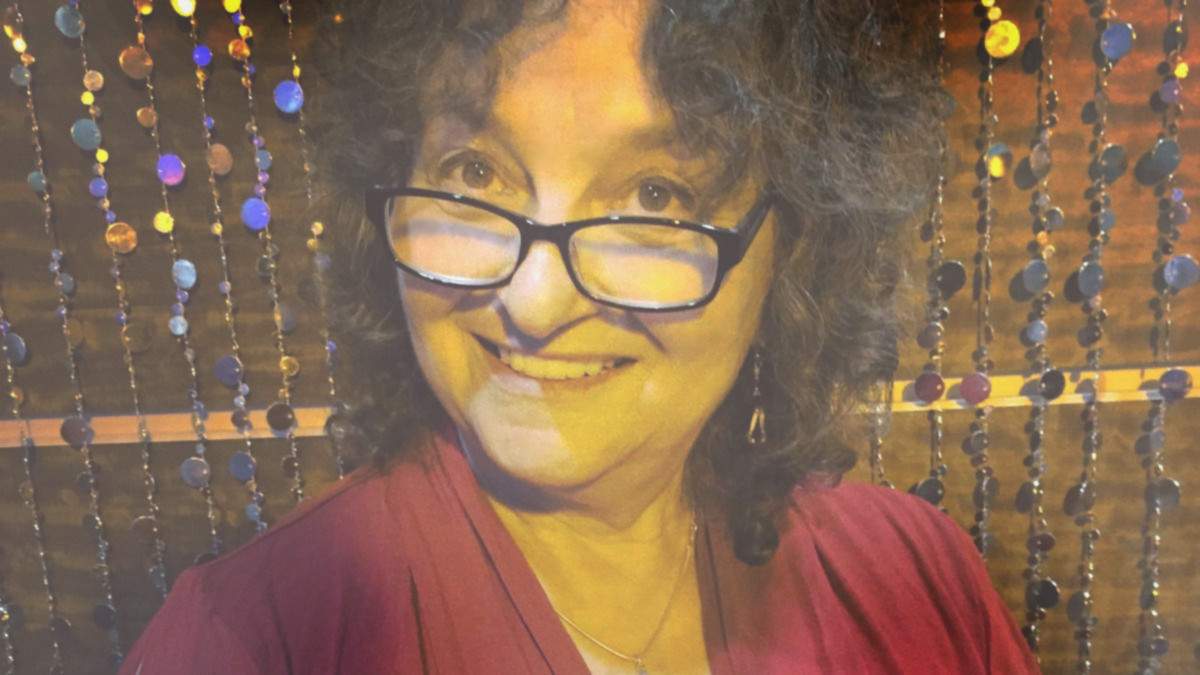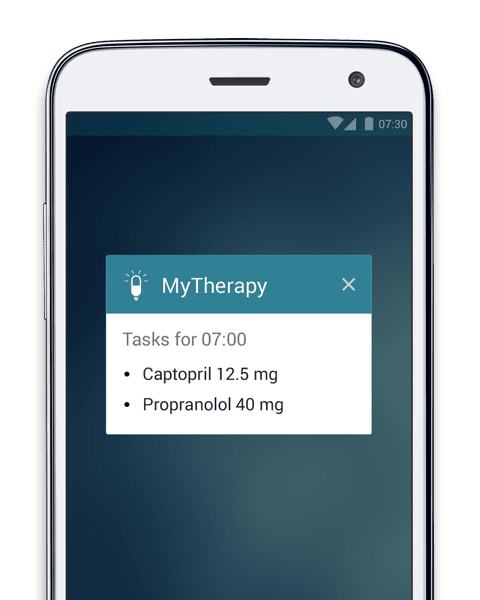This week, chronic kidney disease treatment will cost the US healthcare system almost $1 billion, just as it did last week, and just as it will next week. Treatments such as dialysis and kidney transplants are not only extremely expensive, but a sign that kidney disease has progressed through the stages and become potentially life-threatening. This is usually because it was not detected in the early stages, due to it being a ‘silent disease’ that is often symptomless. Yet, just like another infamously silent disease, hypertension, chronic kidney disease can be diagnosed early with simple tests. When done so, treatment options are usually more simple, cost-effective, and significantly less detrimental to one’s quality of life. Gail Rae-Garwood was fortunate enough to catch chronic kidney disease early. In support of World Kidney Day, Gail has shared her story with us; it highlights how early detection helps save money and, more importantly: lives.
A guest post by Gail Rae-Garwood
My name is Gail Rae-Garwood. I like to think of myself as an average older woman with two adult daughters, a fairly recent husband, and a very protective dog. But I’m not. What makes me a little different is that I have Chronic Kidney Disease… just like the estimated 31 million or 15% of the adult population in the United States. Unlike 96% of those in the early stages of the disease, I know my kidneys are not functioning well.
Chronic Kidney Disease Diagnosis
I was blindsided over a decade ago. That’s when I started seeing a new doctor solely because she was both on my insurance plan and so much closer to home than the one I’d been seeing. It seems everything is at least half an hour away in Arizona; her office wasn’t. As a diligent primary care physician, she ordered a whole battery of tests to verify what she found in my files which, by the way, contained a kidney function reading (called the GFR) of 39%. That was something I’d never been told about.
39%. I’d been a high school teacher for 35 years at that point. If a student had scored 39% on a test, we would have talked and talked until we had gotten to the root of the problem that caused such a low score. No one talked to me about my low kidney function until I changed doctors.
She not only talked, she had me in a nephrologist’s (kidney and hypertension specialist’s) office the next day. That’s when I started worrying. Who gets an appointment with a specialist the very next day? He might have been reassuring, but I’ll never know. I was terrified; he was patriarchal. All I heard was, “I’ll take care of your kidneys. You just do as I say,” or something to that effect.
Nope, wrong doctor for me. I needed to know what was happening, why it was happening, and what I could do about it. I’d already had a terrific Dad and he’d known better than to ask me to give up control of myself.
CKD: What Is It and How Did I Get It?
Nephrologist switch. The new one was much better for me. He explained again and again until I understood and put up with a lot of verbal abuse when this panicky new patient wasn’t getting answers as quickly as she wanted them. Luckily for me, he graciously accepted my apology.
My less-than-stellar experience with being diagnosed and the first nephrologist are what prompted me to write What Is It and How Did I Get It? Early Stage Chronic Kidney Disease. I felt – and still do – that since I taught research writing in college, I should research and then share what I discovered. Why, I wondered, should any new CKD patient be as terrified as I was?
I didn’t feel… well, done with sharing or researching once I finished the book so I began writing a weekly blog: SlowItDownCKD. The blog has won several awards. Basically, that’s because I write in a reader friendly manner. After all, what good is all my researching if no one understands what I’m writing? Non-tech savvy readers asked if I could print the blogs; hence, the birth of the SlowItDownCKD series of books.

What I hit over and over again in the blogs is that diabetes is the foremost cause of CKD with hypertension as the second most common cause. Simple blood and urine tests can uncover your CKD – if you’re part of the unlucky 96% of those in the early stages of the disease who don’t know they have it. That’s important because CKD is mostly symptomless.
Other posts you may be interested in on the MyTherapy blog:
- 10 Essential Hypertension Facts You Need to Know – And One You Don’t
- Diabetes in the USA: Facts and Figures
Chronic Kidney Disease Risk Factors
There are many other risk factors for CKD, such as:
- Heart and blood vessel (cardiovascular) disease
- Smoking
- Obesity
- Being African-American, Native American or Asian-American
- Family history of kidney disease
- Abnormal kidney structure
- Older age
Older age? Smoking? Obesity? Hypertension? Which was it for me? I have no idea and, frankly, I no longer care. It’s much more important to me that my CKD be treated so I can see my coming grandchild grow up, revel at another daughter’s wedding later this year, and continue to be my sweet husband’s caretaker as well as his wife.
Let me be clear: you must have functioning kidneys or dialysis or a transplant to live.
When there’s nothing doing the jobs of the kidneys, there’s no life. Your kidneys filter about 200 quarts of your blood each day. They are the organs that prevent toxic build up in your body by turning these toxins – along with other waste products - into urine. They are responsible for regulating your electrolytes and your blood pressure. These are only three of the many necessary jobs they do.
That would explain why hypertension, also called high blood pressure, is the second leading cause of CKD. Sometimes what is commonly considered medication for hypertension is prescribed for CKD whether or not you have high blood pressure.
The Simple Tests That Could Save Your Life
I’m originally from New York. Do you remember the old lottery advertising slogan from NY, You’ve got to be in it to win it? The same is true here. If you don’t know you have CKD, you won’t be treating it.
You’ll probably feel the needle for the blood test, but that’s a very, very small price to pay for discovering CKD. I have no idea how long I had it before my diagnosis. I could have gone not knowing until I reached end stage which would mean dialysis to perform the jobs my kidneys couldn’t, or a transplant, or… my demise.
The treatment is nothing horrendous. It depends upon your body chemistry (your Comprehensive Metabolic Panel – a blood test – will give you a good picture of that) and your nephrologist’s suggestions. Usually, it’s the hypertension medication mentioned above, a special diet, treating diabetes if you have it, exercise, adequate sleep, and avoiding stress where you can. You can live with that, can’t you? Especially if it means your life.
When I was teaching Essay Writing on the college level, it was a rule never to end your essay with the words, “In conclusion.” But I also taught that you needed to learn the rules, so you could break them.
So… in conclusion, please, please go for the blood and urine tests.
You really don’t need the fatigue, brain fog, or bone problems undiagnosed CKD can cause, much less dialysis or a transplant. Catch the disease early, treat it, and keep living your life!
We would like to thank Gail for contributing this post.
If you would like your story featured on the MyTherapy blog, contact Dan here.
Take a look at some of the other posts on the MyTherapy blog:



